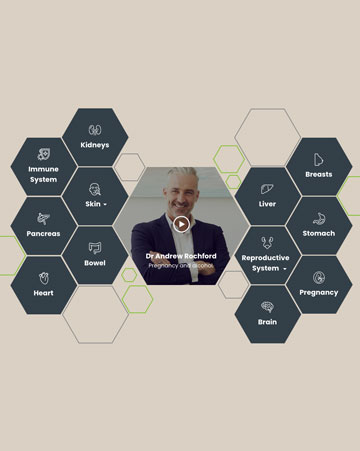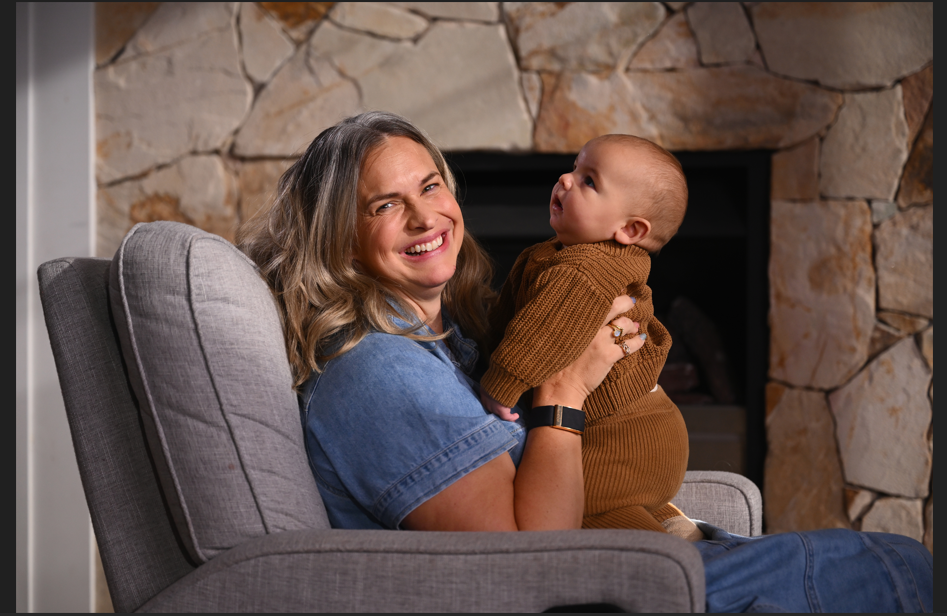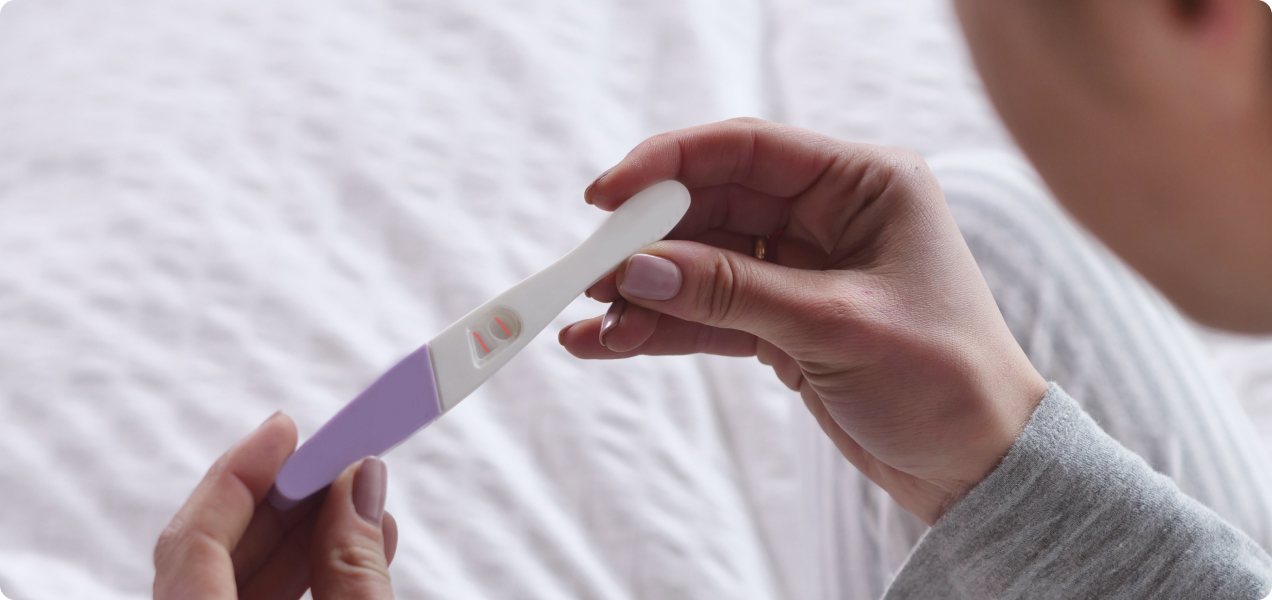Let them try it or deny it? Alcohol and your teen

Although most underage teenagers in Australia are choosing not to drink alcohol (69%)1, some may begin to show interest in alcohol and ask to try your drink – but should you let them?
 Medical health expert, Dr Andrew Rochford (pictured left), said: “While it’s easy to see a child’s body growing during their teenage years, it’s not as obvious that their brain is growing too. Throughout their teens and into their twenties, their brain continues to grow and form. The frontal lobe and hippocampus – the areas of the brain that are associated with motivation, impulse control and addiction are going through the most dramatic growth while you’re a teenager. Drinking alcohol while this growth is happening can disrupt your child’s brain development and even damage their brain”.
Medical health expert, Dr Andrew Rochford (pictured left), said: “While it’s easy to see a child’s body growing during their teenage years, it’s not as obvious that their brain is growing too. Throughout their teens and into their twenties, their brain continues to grow and form. The frontal lobe and hippocampus – the areas of the brain that are associated with motivation, impulse control and addiction are going through the most dramatic growth while you’re a teenager. Drinking alcohol while this growth is happening can disrupt your child’s brain development and even damage their brain”.
The National Health and Medical Research Council (NHMRC) advises that people under the age of 18 years of age should not drink alcohol to reduce the risk of harm from alcohol.
The best thing you can do as a parent is educate your teens about the risks of alcohol and encourage them to hold off drinking until they are aged at least 18 years. Research2 shows that parental supply of alcohol to underage teens does not protect against increased alcohol consumption later in life. The research shows that after drinking alcohol, teenagers are more likely to binge drink, and experience alcohol-related harm such as:
- accidents
- blackouts
- be involved in fights.
They may also experience drinking problems in their future adolescent years.2
Laws regarding the supply of alcohol to minors in private residences, public places and licensed venues vary between states. It’s against the law to provide alcohol to young people on private property without their parent’s permission. Parents may also be required to provide adequate supervision to young people consuming alcohol on their property.
- In 2022-23, 69% of underage teenagers (14-17 years) abstained from drinking alcohol in the previous 12 months (National Drug Strategy Household Survey, 2022-23).
- Aiken, A., Chan, G., Yuen, W. et al. (2022). Trajectories of parental and peer supply of alcohol in adolescence and associations with later alcohol consumption and harms: A prospective cohort study. Drug and Alcohol Dependence, 237, 109533.



 Audio
Audio Video
Video

